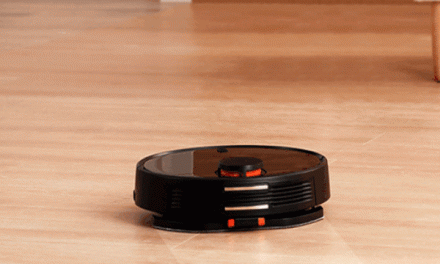Income tax return: The income tax department recently relaxed the deadline for filing of Income tax return (ITR) for Assessment Year 2021-22 (Financial Year 2020-21) in view of the disruptions caused by the impact of second wave of COVID-19.
It has been extended by two months to September 30, 2021 for individual taxpayers. For individual and corporate taxpayers whose accounts need to be audited, the deadline has been extended to November 30 from October 31. It is important to note that relaxation in deadline will not apply to persons whose tax liability exceeds Rs 1 lakh.
Through this article we will be discussing common tax filing mistakes you must avoid while filing Income tax return (ITR).
1. Not reporting interest income from Savings Account
Many individuals tend to ingnore interest income from savings accounts. However, as per income tax rules, you are required to show your interest income from savings account deposits.
Under Section 80 TTA of the Income Tax, interest earned up to Rs 10,000 on the savings account is exempt for individuals. For senior citizens, this exemption limit is Rs 50,000 under Section 80TTB.
3. No including interest income from Fixed Deposits
Interest income from fixed deposit accounts is taxable under the Income Tax Act. Hence, you are required to include this income in your ITR.
.
4. Using The Wrong ITR Form
One of the most common tax filing mistakes is using the incorrect ITR form. Using the incorrect form results in a defective filing which will get rejected by the Income Tax Department.
The choice of ITR form you need to use depends primarily on your sources of income. For example, if you are a salaried individual, you can file returns using ITR Form 1. But in case you are salaried and have income from capital gains from investments, you will need to use ITR Form 2.
5. Not comparing New vs Old Tax Regime to optimize tax-saving
This year you have the option of filing ITR under new and old tax regimes. In the old tax regime, you will get deductions and exemptions, while under the new regime, the tax rate is low sans all deductions and exemptions. You should select the best of the two to optimize your tax-saving.












